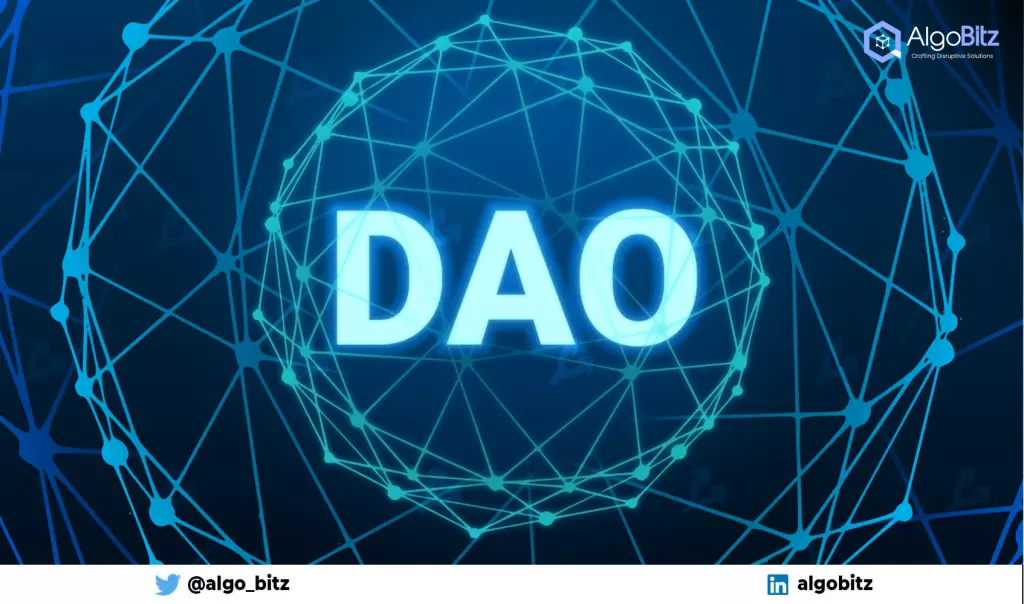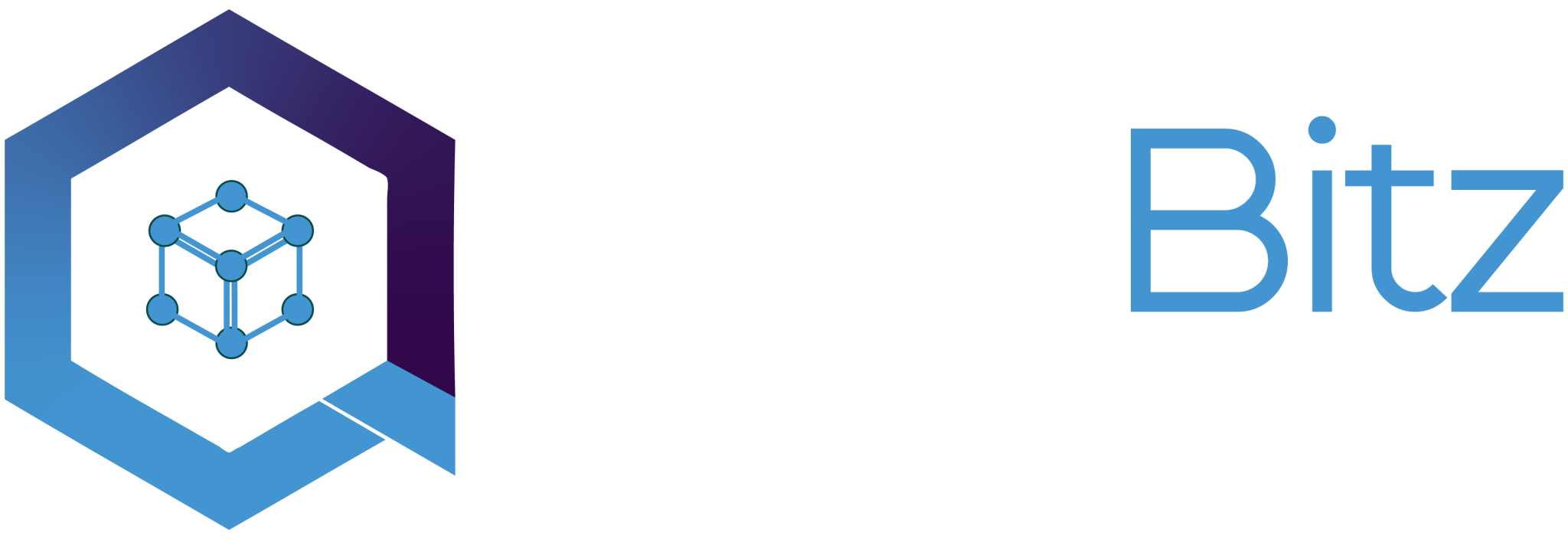Hot Technology has a way of attracting money-making schemes that can morph into money-losers for investors like DAO. Back in 2017, a wave of ICOs captivated the market, raising billions of dollars for blockchain startups only to implode when numerous ventures stalled or failed to materialize. Similarly, DAOs have come into existence. It is one of the most incredible concepts to implement successfully through blockchain technology.
Sharing a bank account with someone you have never met in person is scary, isn’t it? Or, people with whom you have only chatted online?
Be a Part of DAO to experience something extraordinary!!
What is a DAO?
A Decentralized Autonomous Organization is a software program that runs 0n blockchain. It offers users a built-in model for the collective management of its code. Regarded as a community-led entity with no central authority, it is represented by open computational rules protected on the digital ledger. Chances of forgery are minimalized via timestamping and disseminated as a distributed database.
Ultimately, a DAO is fully autonomous and transparent, governed by members who collectively make crucial decisions about the future. A group of developers, highly inspired by the decentralization of cryptocurrencies created DAO to automate decisions and facilitate cryptocurrency transactions.
How do DAOs work?
- Rules are created through community voting via smart contracts:
Rules are established by a core team of community members via smart contracts. It lays down the foundational framework by which the DAO is to operate. Amendments are prohibited unless they’re voted upon by the DAO’s core community members. Smart Contracts play an essential role in building a sustainable and autonomous DAO. The decisions related to operational workflows, governance system, and incentive structure takes place only through voting.
- Users can fund DAOs growth by purchasing the DAOs native tokens:
After the foundation of rules, funding DAO is certainly the next step. Issuing a token is the primary way of raising funds and filling the DAO treasury. Individuals or entities interested in the DAOs growth can purchase the DAOs native token (Cryptocurrencies tied directly to a project).
In return for their fiat/investment, token holders obtain certain voting rights, usually proportional to their holdings. Once funding is established, the DAO is ready for kick-off.
- Receive governance tokens to influence the token distribution and treasury management:
Once sufficient funding is poised for a DAO to kick off, all of its decisions will be made by token holders through a consensus vote. As the DAOs stakeholders, community members will work towards the most favorable outcome for the entire network. Beyond voting rights, members can also obtain governance tokens in return, including roles in token distribution and treasury management.
Benefits of DAO in the Real-world
- Transparent, Decentralized and Automated:
The Decentralized and Transparent nature of DAO provides complete ownership to its members to maintain the protocol. The profit margins also increase as the organizations only pay for existing on the blockchain. DAOs are automated, and decisions take place automatically.
- Community-Focused:
The decision making power is directly proportional to the number of tokens held by a member, but it doesn’t give them additional rights. Token holders have the right to effect changes that help in the development of the protocol, making it a democratized space.
- Potential Earning Opportunity:
Holding governance tokens in a DAO is equivalent to possessing equity in an early-stage startup – if it is successful, that equity is like gold. The token holders get a fixed percentage of the transaction volumes on the exchange. It helps to create a more stable token user base with a long-term investment mentality. Many retail investors and venture capitalists join a DAO solely to profit from its native token.
Future Potential of DAOs:
The investment in DAO continues to grow at an incredible speed. Despite the potential for DAOs to revolutionize the industry and corporate structuring, they face security and legality issues. The technical competence, one needs to understand the computational infrastructure and consensus mechanism within the smart contract to feel good about investing in it.
Many investors and analysts believe that DAO will eventually become replace traditionally structured business models. Wyoming became the first state to recognize DAOs as legal entities. DeepDAO says about 181 DAOs, with an ecosystem’s total asset under management (AUM) of $13.4 billion.







